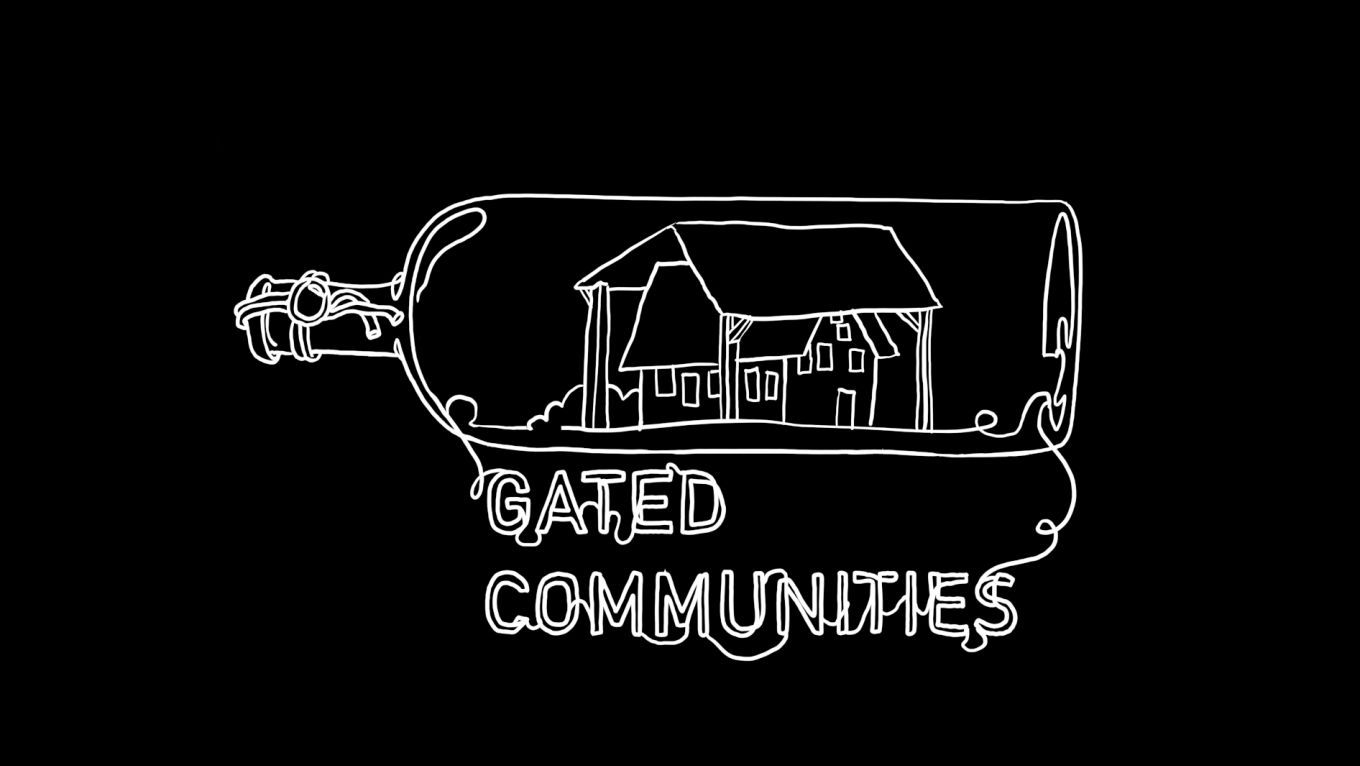Art & Culture
Public Library/Memory of the World
Access to knowledge for every member of society
Public Library is the synergy of two efforts. First, it makes the case for the institution of public library and its principle of universal access to knowledge. Second, it is an exploration and development of distributed internet infrastructure for amateur librarians. If <a href="https://www.memoryoftheworld.org/blog/2014/10/27/public-library-an-essay/">Public Library</a> is a proposal/RFC <a href=""https://library.memoryoftheworld.org/>Memory of the World</a> is its proof of concept and <a href="https://github.com/marcellmars/letssharebooks">reference implementation</a>.
In the catalog of History the institution of public library is listed in the category of phenomena of which we humans are most proud. Along with free public education, public healthcare, the scientific method, Universal Declaration of Human Rights, Wikipedia, free software… It’s one of those almost invisible infrastructures that we start to notice only once they go extinct. A place where all people can get access to all knowledge that can be collected seemed for a long time a dream beyond reach – until the egalitarian impetus of social revolutions, the Enlightment idea of universality of knowledge, and the expcetional suspension of the comercial barriers of copyright made it possible.
The Internet has, as in many other situations, completely changed our expectations and imagination about what is possible. The dream of a catalogue of the world – a universal access to all available knowledge for every member of society – became realizable. A question merely of the meeting of curves on a graph: the point at which the line of global distribution of personal computers meets that of the critical mass of people with access to the Internet. Today nobody lacks the imagination necessary to see public libraries as part of a global infrastructure of universal access to knowledge for literally every member of society. However, the emergence and development of the Internet is taking place precisely at the point at which an institutional crisis — one with traumatic and inconceivable consequences — has also begun.
The reactionary forces of the »old regime« are staging a »Thermidor« to suppress the public libraries from pursuing their mission. Today public libraries cannot acquire, cannot even buy digital books from the world’s largest publishers. The small amount of e-books that they were able to acquire they must destroy after only twenty-six lendings. Libraries and the principle of universal access to all existing knowledge that they embody are losing, in every possible way, the battle with a market dominated by new players such as Amazon.com, Google, and Apple.
In 2012, Canada’s Conservative Party–led government cut financial support for Libraries and Archives Canada (LAC) by Can$9.6 million, which resulted in the loss of 400 archivist and librarian jobs, the shutting down of some of LAC’s Internet pages, and the cancellation of the further purchase of new books. In only three years, from 2010 to 2012, some 10 percent of public libraries were closed in Great Britain. The phenomena of which we people are most proud are being undercut and can easily go extinct.
Additional information
| Type | lecture |
|---|---|
| Language | English |
More sessions
| 12/27/15 |
Eine zweite Büste der ägyptischen Königin sei gefunden worden, meldete Ägyptens größte Zeitung. Der Fund war jedoch Teil einer Kunstaktion, die Museen und Kunstmarkt für deren Umgang mit Antiken kritisiert.
|
| 12/27/15 |
In Internet Landscapes, Evan Roth with discuss his work as it relates to visualizing, archiving and understanding the Internet and its effects on culture with a focus on the misuse of communication technologies. Roth will trace his personal and creative history within an Internet landscape that has changed significantly in the last 16 years. The presentation will include a range of work culminating in his more recent pilgrimages to the beaches of the UK, New Zealand and Sweden, where submarine ...
|
| 12/27/15 |
In the past years there has been a lot of discussion on the topic of state sponsored surveillance. But hardly any material can be accessed to support the general debate due to vaguely declared security concerns. So we are debating Big Brother with little knowledge about what he actually sees, while he is watching. Over the course of three years, I was able to research the archives left by East Germany's Stasi to look for visual memories of this notorious surveillance system and more recently I ...
|
| 12/28/15 |
During this lecture presentation, Boaz Levin and Vera Tollmann, co-founders of the Research Center for Proxy Politics, will develop the proxy as a figure of thought by spinning and testing it in different contexts.
|
| 12/29/15 |
The Fluxus movement came about in the early 1960ies and the talk will discuss its strenghts, dead-ends and promises for the creation of works and community in our digital environment. International, transdisciplinary, non-institutional, anti-art and playful. After several years of research and new art productions, Leo Findeisen and Markus Zimmermann will present their findings.
|
| 12/29/15 |
20 OSCILLATORS IN 20 MINUTES is an experimental music performance/technical challenge/standup comedy act where I attempt to build twenty sound generating square wave oscillators in twenty minutes. This involves fabricating small electronic circuits with wires, chips, small components and nine-volt batteries under the pressure of limited time and expectation. This is a test of my technical abilities and an experiment in working with live troubleshooting as a method of musical improvisation.
|
| 12/29/15 |
QR codes have rapidly overtaken rival 2D bar code symbologies and are becoming quite ubiquitous. Most uses are rather pedestrian though, and even the more non-standard modifications to pure QR codes lack a certain technical finesse, opting to just overpaint part of the code and let error correction handle that instead. Let's see how we can do better.
|

